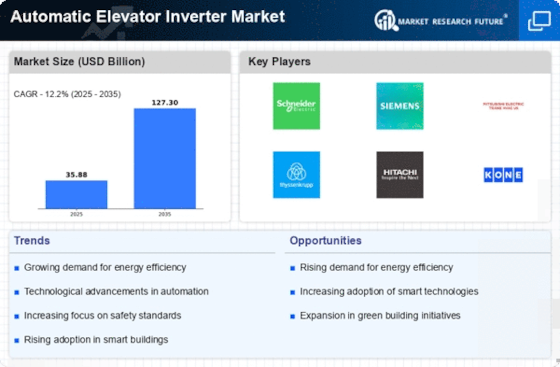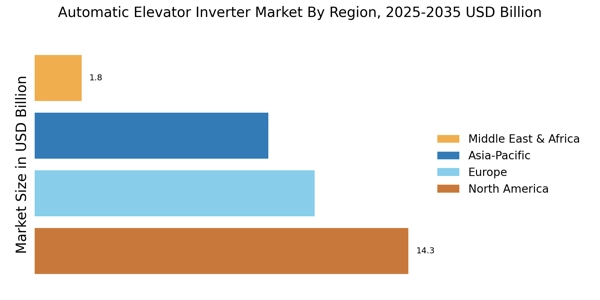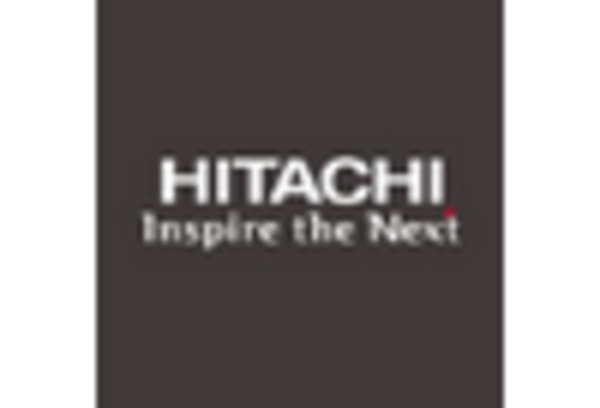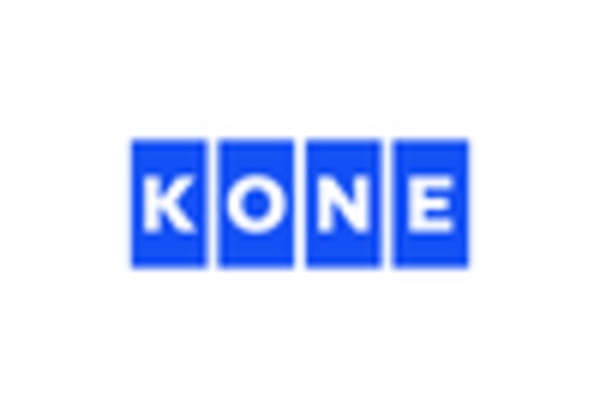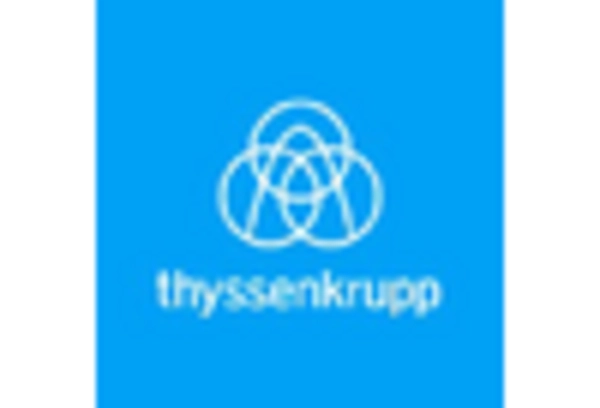Leading market players are investing heavily in the research and development in order to expand their product lines, which will help the Automatic Elevator Inverter Market grow even more. Market players are also undertaking a variety of strategic activities to spread their global footprint, with important market developments including mergers and acquisitions, new product launches, contractual agreements, higher investments, and collaboration with other organizations. To spread and survive in a more competitive and rising market climate, the Automatic Elevator Inverter industry must offer cost-effective items.
Manufacturing locally to minimize the operational costs is one of the key business tactics used by the manufacturers in the global Automatic Elevator Inverter industry to benefit the clients and increase the market sector. In recent years, the Automatic Elevator Inverter industry has offered some of the most significant advantages to several industries.
Major players in the Automatic Elevator Inverter Market, including Toshiba Corporation, Otis Elevator Company, Mitsubishi Electric Corporation, Schindler Holding Ltd, Fujitec Co, Thyssenkrupp AG, Kone Corporation, Kleemann Hellas SA, Hyundai Elevator, Hitachi ABB Power Grids, and others, are trying to increase market demand by investing in the research and development operations.
Mitsubishi Electric Corporation is a prominent Japanese multinational electronics and electrical equipment manufacturing company. Established in 1921, Mitsubishi Electric has since become a global leader in the diverse range of products and services. The company operates in various sectors, including industrial automation, energy systems, information and communication systems, electronic devices, and home appliances. Mitsubishi Electric is renowned for its commitment to innovation and technological advancement, consistently delivering high-quality products that contribute to the development of smart cities, energy-efficient solutions, and cutting-edge electronic devices.
In October 2022, Mitsubishi Electric announced the acquisition of Schneider Electric's elevator inverter business for approximately $1.2 billion. Schneider Electric's elevator inverter business is one of the leading suppliers of automatic elevator inverters in the world. This acquisition expands Mitsubishi Electric's product portfolio into new markets and strengthens its position in the growing automatic elevator inverter market.
Fuji Electric Co., Ltd. is a Japanese multinational conglomerate with a broad range of businesses, including power electronics, industrial systems, electronic devices, and social infrastructure. Founded in 1923, the company has evolved into a global player in the electrical and electronics industry. Fuji Electric is recognized for its innovative technologies and solutions in areas such as energy management, power generation, industrial automation, and electronic components. The company's product portfolio includes power inverters, factory automation systems, energy management systems, and power generation equipment.
Fuji Electric is committed to sustainability and environmental responsibility, which is evident in its development of energy-efficient products and solutions.
In September Fuji Electric announced the acquisition of Yaskawa Electric's elevator inverter business for approximately $1.4 billion. Yaskawa Electric's elevator inverter business is one of the leading suppliers of automatic elevator inverters in the world. This acquisition expands Fuji Electric's product portfolio into new markets and strengthens its position in the growing automatic elevator inverter market.

